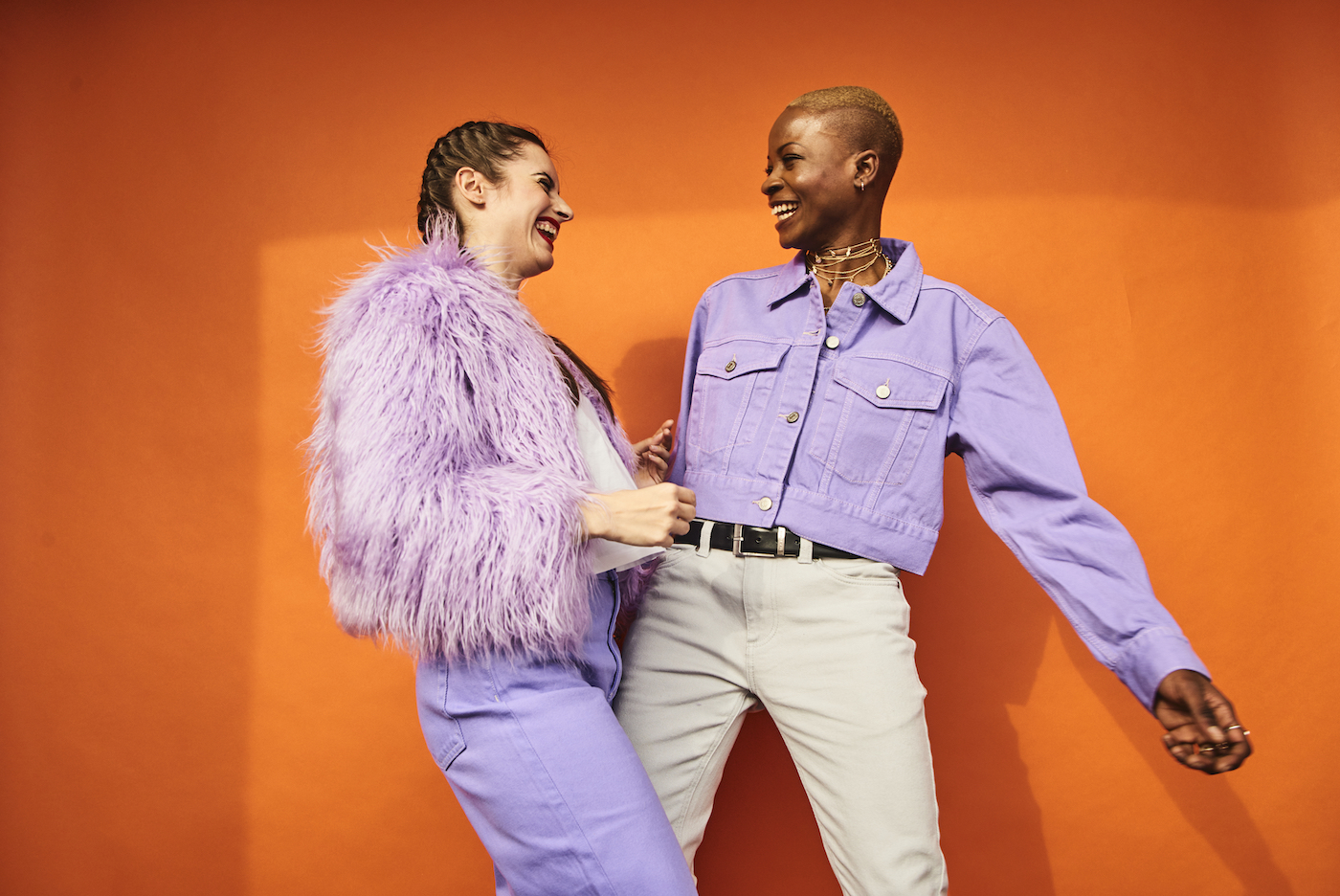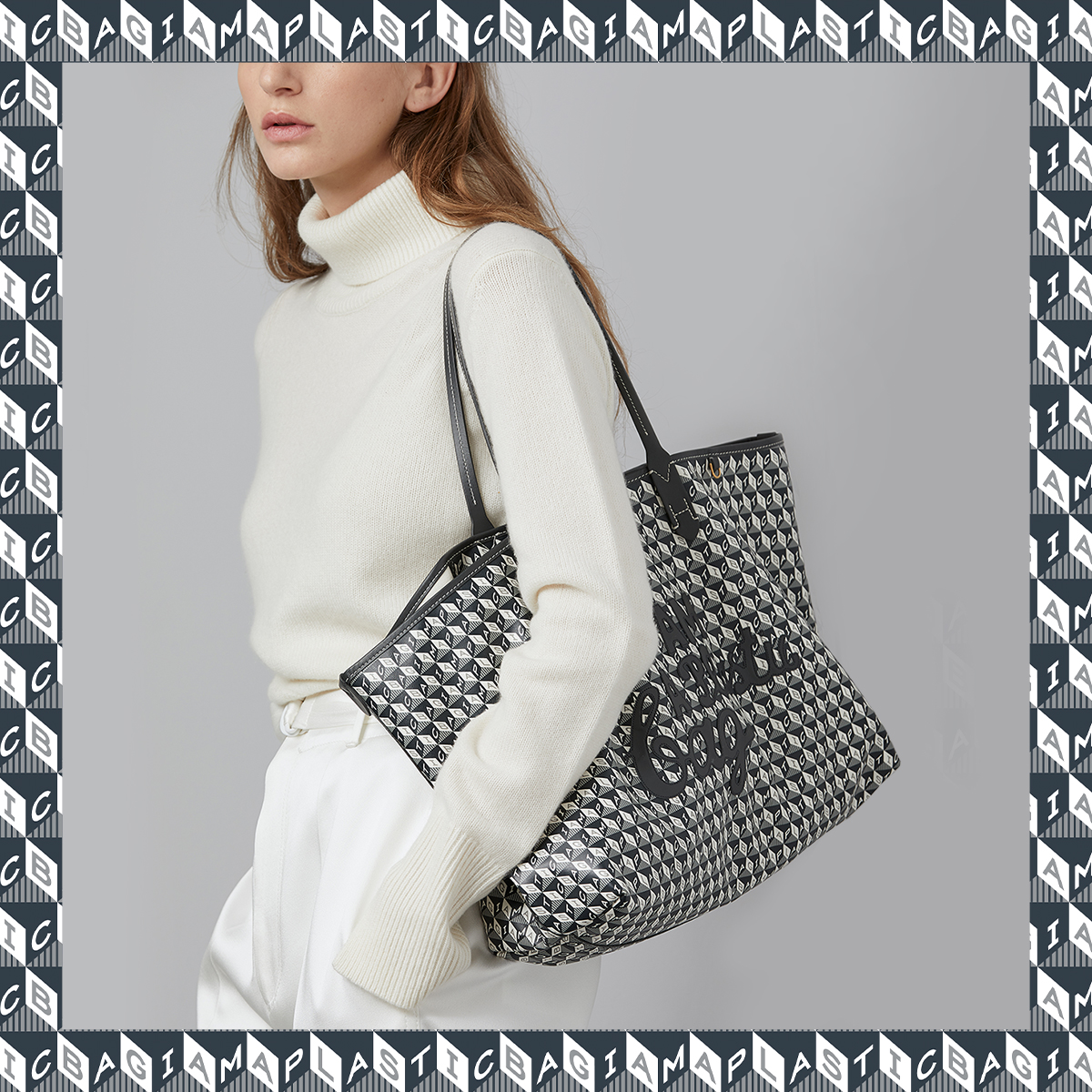
February 07, 2020 at 01:00PM by CWC
I could plot out a linear map of the course my life has taken to this point based solely on a handful of close friendships. Even though each pal is a unique snowflake, the retrospective viewpoint I now have has distilled the reality to me that most of these friends are more similar than they are different. Because of this, I contend that there are certain types of friends, and, just as is the case with romantic relationships, we all have certain preferences that dictate our platonic compatibility.
Since I’m no social science expert, I sought the intel of someone who is to make sure my theory holds up. And lo and behold, clinical psychologist and friendship expert Miriam Kirmayer, PhD, says there are indeed different types of friends. (So, maybe I am a social science expert?) Furthermore, these archetypes hold the power to teach us about who we are and what we seek in others.
ADVERTISEMENT
ADVERTISEMENTKate Spade Autumn/Winter Sale |
“I do think there’s something to be said for the fact that there are certain people who we click with better than others. And that’s true of love, friendship, and even when we’re choosing a therapist,” Dr. Kirmayer says. “There are just certain people with whom we feel at ease, we feel safe, we feel comfortable. And that comfort can come from many different places.”
As far as determining which types of friends most resonate with us, Dr. Kirmayer says it has a lot to do with three main sources of comfort we find in people. Check them out below.
ADVERTISEMENT
ADVERTISEMENTSports Direct Free Delivery on All Orders! |
The 3 factors that determine your compatibility with different types of friends
1. They’re similar to you
“We know that similarity or shared experiences, interests, values, or even personality characteristics are often the root of friendship,” says Dr. Kirmayer. Research has shown that friends and partners tend to share behavior-based personality similarities, so it may just be that your heart is on the search for people who want to talk about and do the same things you love.
ADVERTISEMENT |
2. They Complement you
On the other hand, though, Dr. Kirmayer says you may feel drawn to someone who provides a feature you feel your own personality lacks. “Perhaps there’s something that is a little dissonant in this other person that sits well with us. Or maybe what’s happening is that it brings out a part of us that we like and that we’d like to see more of,” she says.
While there’s not much by way of conclusive evidence to support the notion that opposites may actually attract, Dr. Kirmayer says it’s an anecdotally sound conclusion. If you’re not much of a risk-taker for instance, you may crave the company of someone who skydives in their spare time or buys a weekly lottery ticket. The inverse is also true: A friend may value you for teaching them to find adventure in the mundane.
3. They’re familiar to you
While “familiarity” may sound a lot like “similarity,” there’s actually a world of difference separating the two as they pertain to types of friends. Familiarity reflects a craving of experiences, people, and relationships that aren’t new—and that’s not always a good thing. “Obviously, this works in our favor when we’re replicating healthy relationship patterns. But the problem can be when we’re playing out unhealthy relationships or putting out unhealthy models,” says Dr. Kirmayer. “Sometimes we’re drawn to those because they’re familiar, because we’ve seen them, we’ve witnessed them, or we’ve experienced them in some way.”
If you believe you might be repeating manipulative or abusive relationship patterns, consult a professional or call a help hotline to help you break the pattern. Taking this step will allow you to protect yourself and develop friendship (and relationship) types that work for you and will, in time, also become familiar.
How knowing your friendship type can help you have more fulfilling relationships
Start to look closely at your own squad to audit them and tease patterns of the three factors outlined above. “It takes a certain level of insight and self-reflection to be able to recognize our patterns and the kinds of people that we are attracted to,” says Dr. Kirmayer, who suggests the next step to be considering questions like whether you have a friend type period, and what that type may be.
When I fall down my own rabbit hole of self-reflection, I discover that the types of friends I most often gravitate toward fall under the second, “complement” category. For instance, since I’m comfortable not saying a word for 20-minute-plus stretches of time in a conversation, I’m happy sharing company with someone who can successfully pull me into chitchat and make me feel like I truly belong there and have something valuable to say.
That said, I do recognize that I’ve spent great stretches of my life looking for these complementers, finding them, losing them for one reason or another, and then starting my search once more. And, while this might not work for other people who prefer having different types of friends, I’m still fulfilled by my social circle. “The real question to ask ourselves is to assess how satisfied we are with our social network,” says Dr. Kirmayer. Once you do, you’ll be able to make friends or cut ties in a more thoughtful, healthy manner.
ADVERTISEMENT

ADVERTISEMENT
Anya Hindmarch - I AM A PLASTIC BAGFor now, I still believe that my complementers are adding value to my life, but I’m allowed to change my mind—and you are, too. So if you feel an urge to bring folks into your life who share your interests, or some similar background, or a completely different perspective than your own, even if you don’t naturally gravitate toward them, go forth and find them. Chances are, there’s someone in those spheres who thinks you’re just their type.
While we’re talking about the concept of a chosen family, here’s what you need to know about friendship imposter syndrome and how to stay friends with your BFF when kids come into the picture.
Author Kells McPhillips | Well and Good
Selected by CWC

ADVERTISEMENT
ADVERTISEMENTUp to 30% off Gift Sets |








